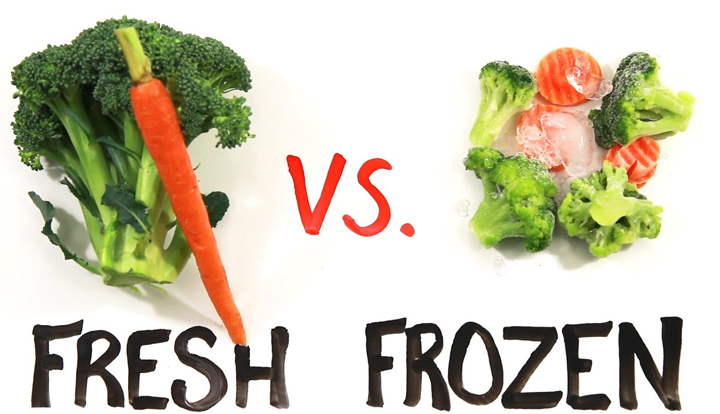
When we think about healthy food, we probably think of crunchy fresh vegetables with lots of colour and flavour. We love the thought of inspiring salads, stir-fries, soups or veggie-based sides, bursting with colour.
Eating fruit and vegetables provide many health benefits and people who eat more as an overall healthy diet are more likely to reduce the risk of some chronic diseases. Fruit and vegetables provide nutrients vital for the maintenance and health of our bodies. The word fresh is synonymous with the words fruit and vegetable, but we are going to explore if this is still the case in a world where quick freezing processes exist.
Fresh Fruit and Vegetables: Pros and Cons
It is hard to argue with the fact that fresh fruit and vegetables taste wonderful. It is especially true when they are in season. Most fruit and vegetables we buy have been harvested by hand. They are usually picked before they are ripe, which allows them to ripen fully during transportation. Sometimes fruit can be several weeks in transit before they arrive at their destination. Some fruits like apples and pears can be stored for 12 months or even longer before they are finally put on sale to to the public. From the moment vegetables or fruits are harvested, they slowly start to lose their nutrient content. During transportation, fruit and vegetables are stored in a chilled, controlled atmosphere. Due to this they are often treated with chemicals to prevent spoiling. Fresh fruit and veg, of course, have a shorter shelf life than frozen.
Frozen Fruit and Vegetables: Pros and Cons
Frozen vegetables are washed and quickly frozen, which helps to retain nutrient levels. They are usually picked at the height of ripening which means there is more time to develop nutrients before the humans or machines come to pick them. Of course, there is still a chance that some nutrients will be lost. For example, some vegetables are blanched just before freezing and this can lead to a reduction in Vitamin C and B Vitamins. But overall studies have shown that some vegetables and fruit retain more nutrients when frozen than when they are eaten fresh.
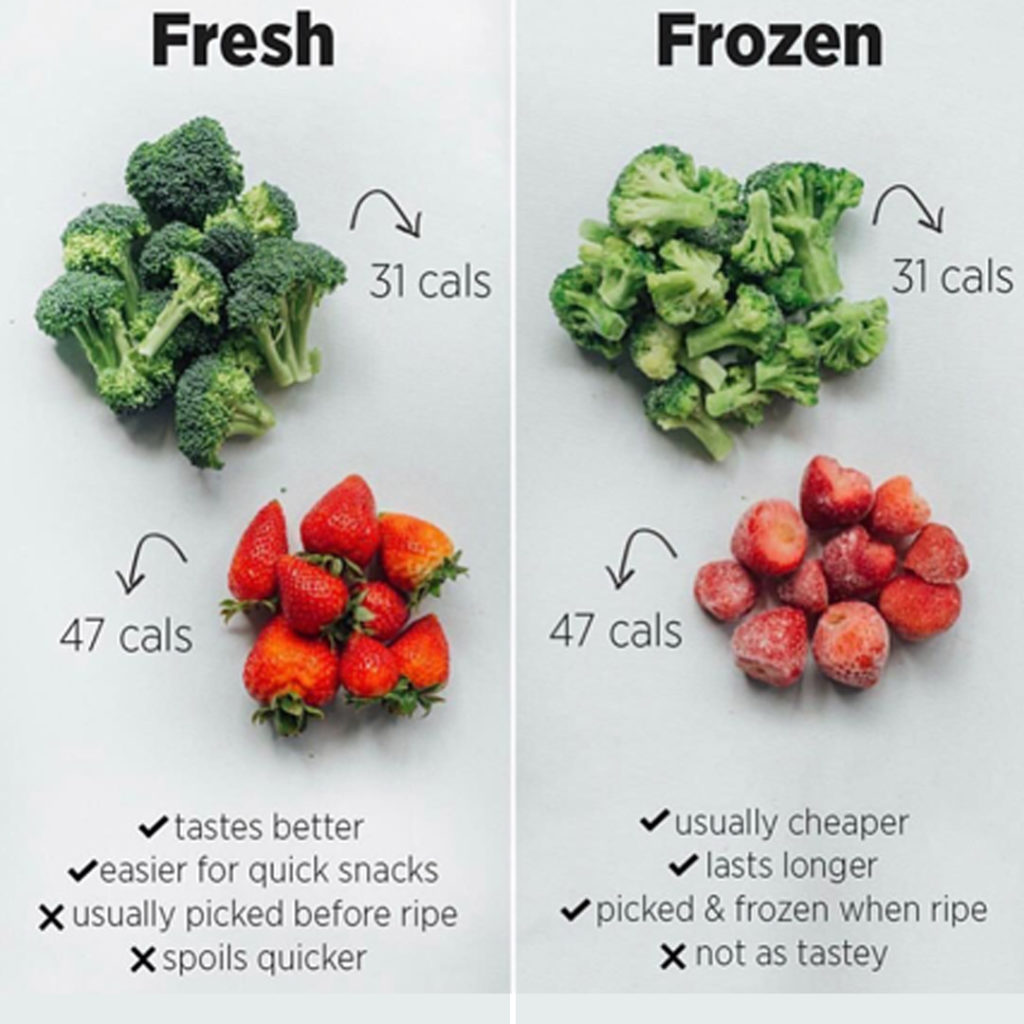
The Bottom Line:
It’s hard to argue with the flavour and nutrition of ripe, fresh fruits and vegetables. When in season, produce can be grown and purchased locally which not only reduces the carbon footprint of the product but this will ensure the tastiest healthiest product. Fruit that is allowed to ripen fully on the vine will have the best vitamins and minerals. If you are going to use the produce promptly, then fresh is the right choice.
However, this is not a realistic choice all year-round. So I would recommend doing a little of both. Keep some bags of frozen fruit and vegetables on hand while having fresh produce at home. The fact is that unless you are eating fresh produce “straight off the tree” you can expect both fresh and frozen produce will experience a loss of nutrients. Perhaps investigating to see just how local your fresh fruit is may determine if you want the fresh or frozen product.
Both fresh and frozen are still highly nutritious choices. The nutritional content of both is similar, the levels of Vitamin A, carotenoids, vitamin E, minerals and fibre are similar in both fresh and frozen. It’s essential to choose the option that works best with your lifestyle and budget while still making sure you eat a serving of fruit or vegetables at every meal. A Vegetable or fruit in any form is better than none at all! We should be eating 2 cups of fruit and 2.5 to 3 cups of vegetables per day.
Benefits of Fruit and Vegetables:
A diet rich in fruit and vegetables can help to lower blood pressure, prevent some types of cancer, reduce the risk of stroke and heart disease, lower eye and digestive problems and have a positive effect upon blood sugar which can also help keep our appetite in check. There are at least nine different families of vegetables and fruit, plus hundreds of other plant compounds that are beneficial to our health. Freshly picked vegetables and fruits straight from your own garden or from organic farms are of the highest quality. However, frozen fruit and vegetables are a convenient and cost-effective alternative to fresh options. To maximise appeal and nutrients, it’s a good idea to buy and serve different types of vegetables and fruits.
So we recommend trying to cook with what is in season, choosing fresh products based on their location of origin, and for veg further afield going frozen may provide you with healthier fruit and veg.
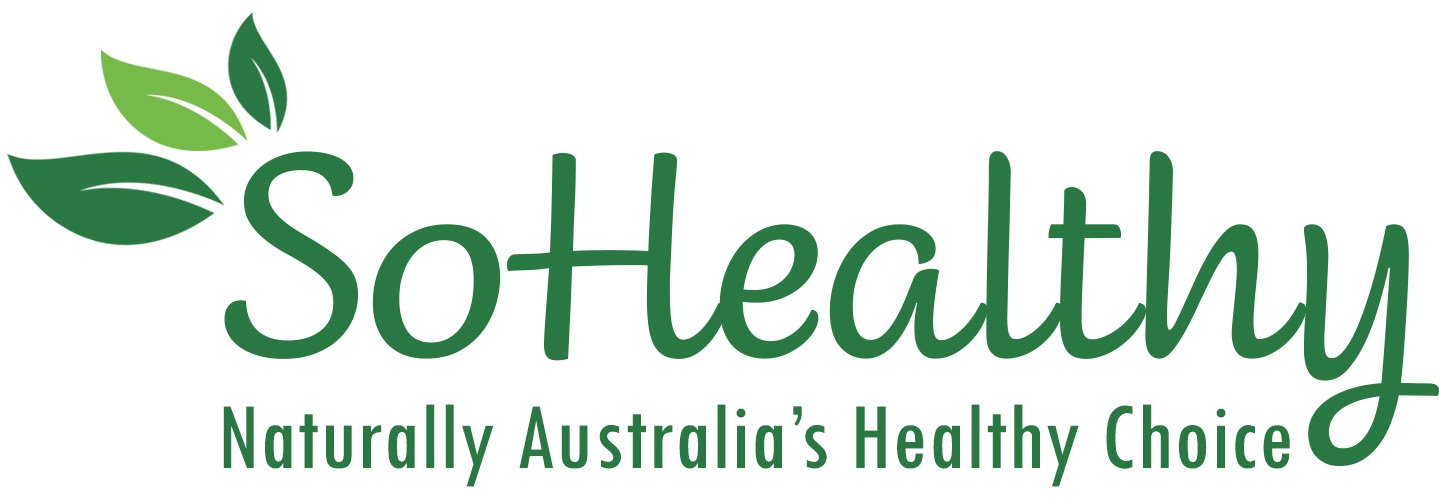

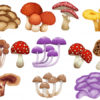



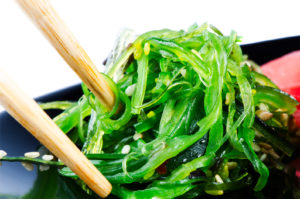

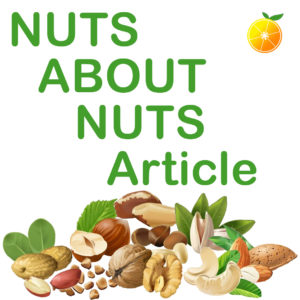
One comment
tina
great to know! I always thought fresh is better than frozen…